The South London-based Moroccan photographer spent time in Marrakech’s barbershops, photographing its young men
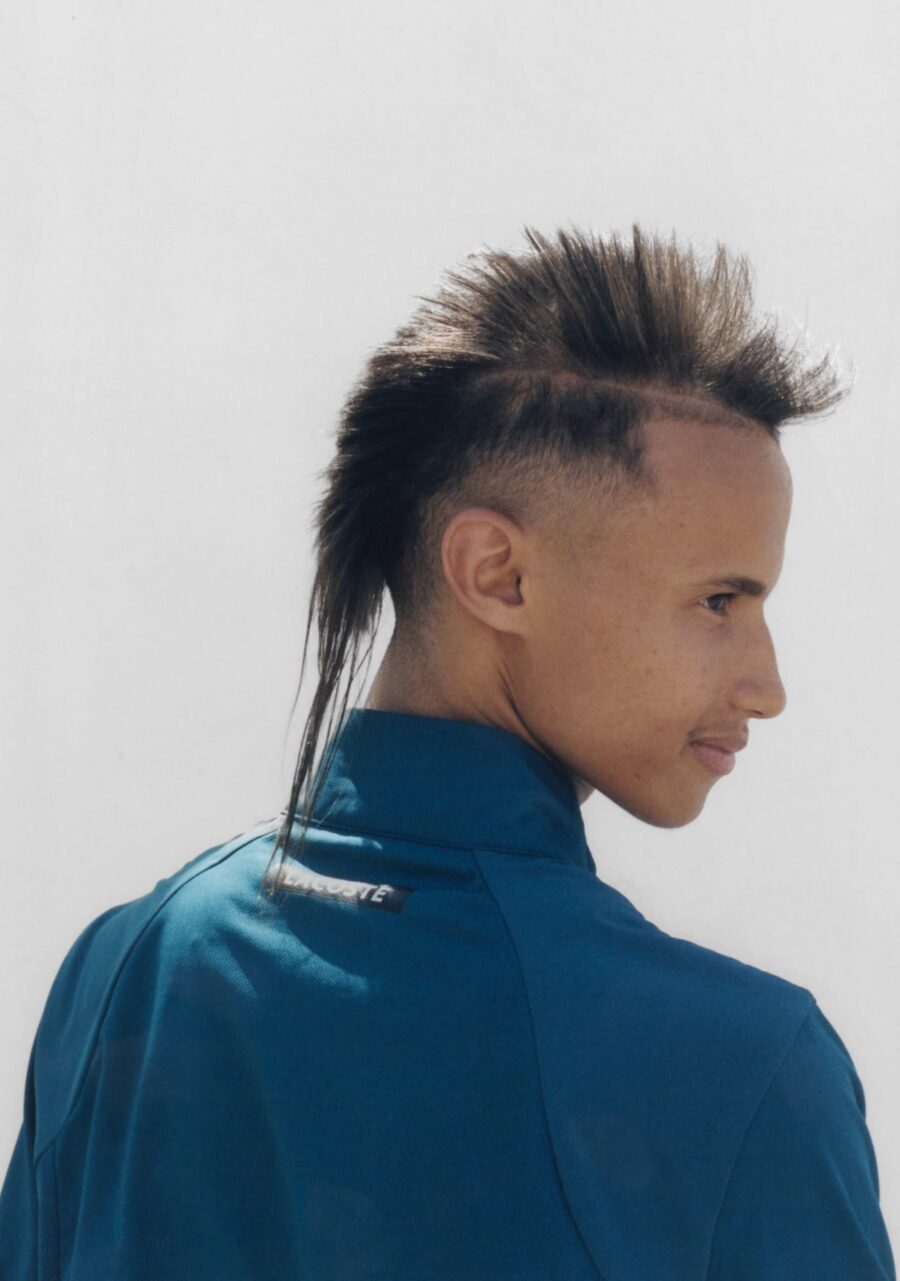

The South London-based Moroccan photographer spent time in Marrakech’s barbershops, photographing its young men
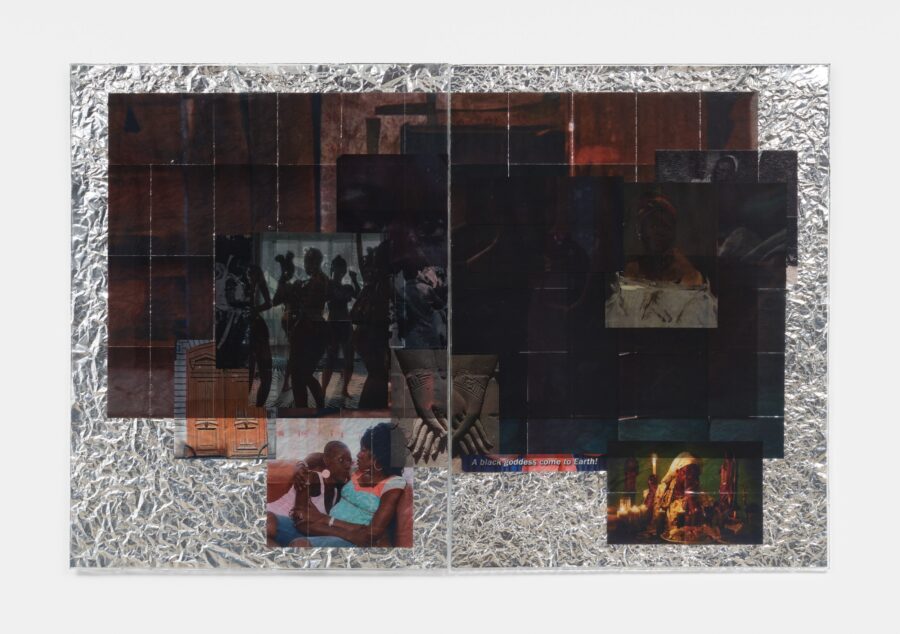
The artist’s latest show An Ominous Presence explores the tension between desire, identity, and the act of image-making
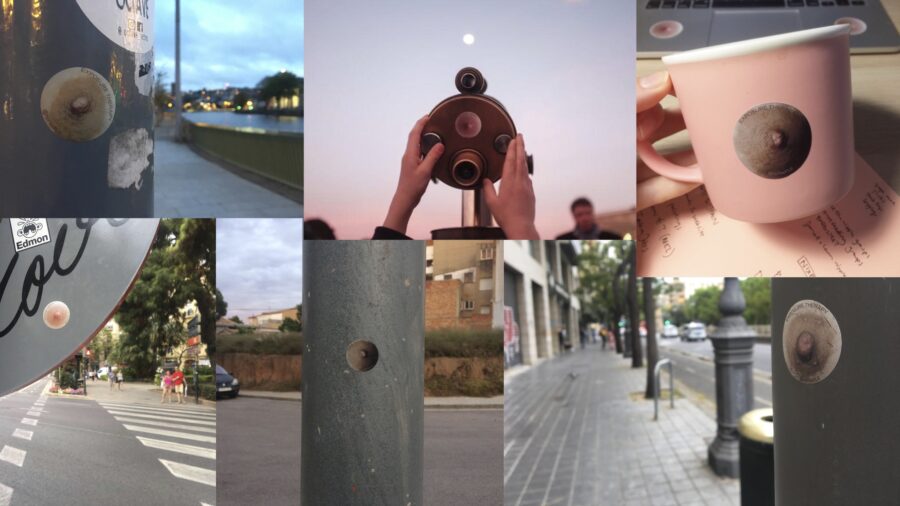
Women’s nipples are censored online while men’s are not, a state of control that has worrying repercussions for artists and marginalised groups
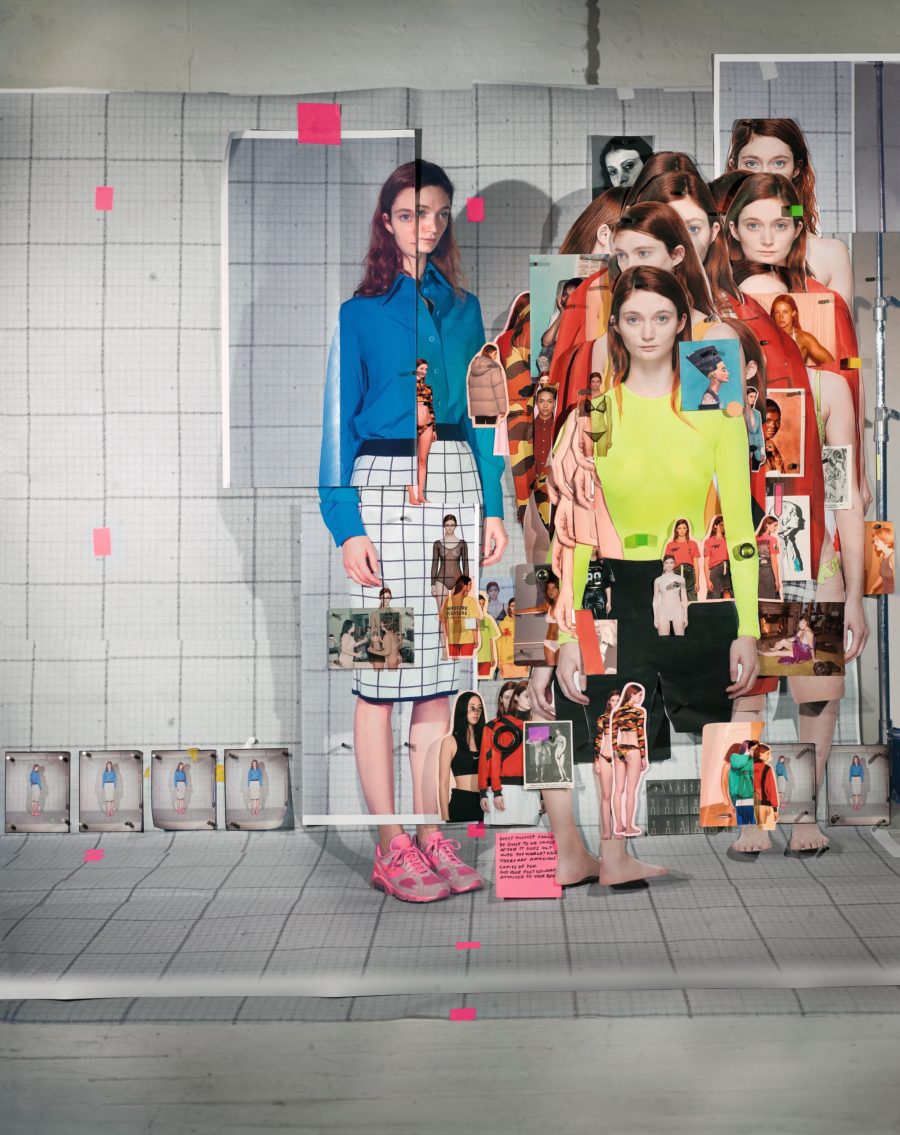
The Canadian photographer observes her own life to explore the commodification of our personal data and way of being
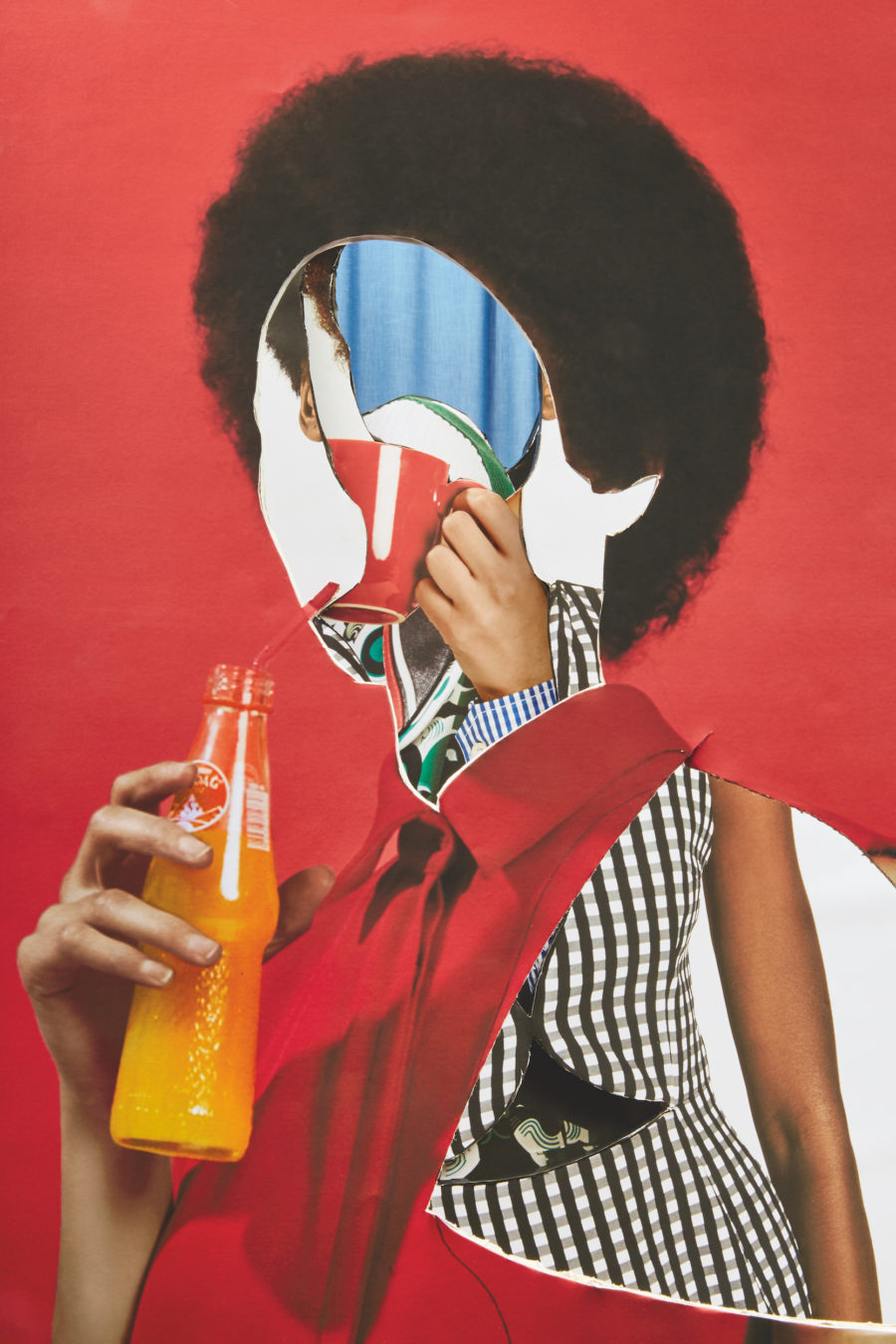
With insight from Omar Kholeif, Charlotte Cotton and Charlie Engman, the implications of the evolving nature and speed of image-making and sharing are considered.
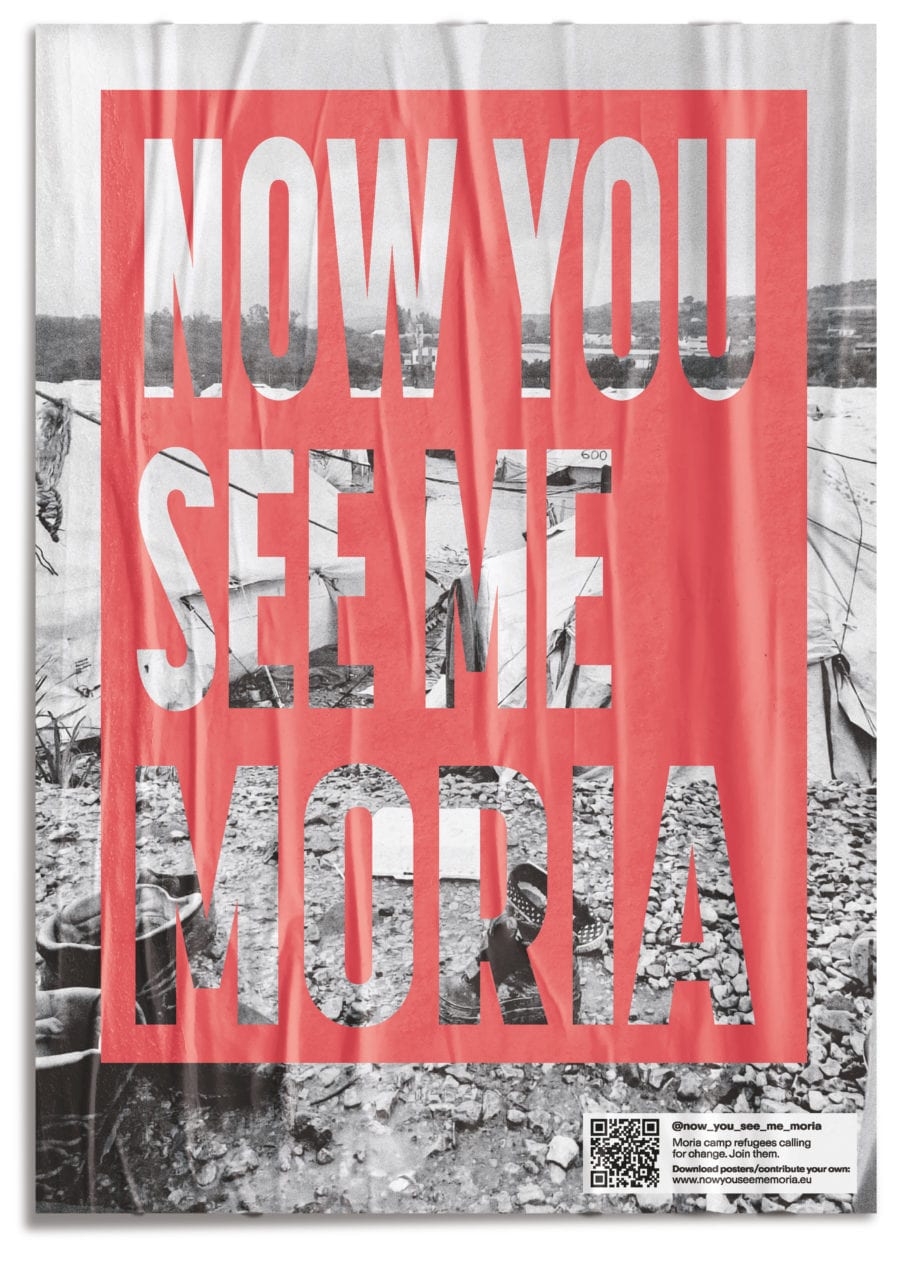
Years after thousands of migrants arrived in the EU, they remain in temporary accommodation. Now, they demand to be heard
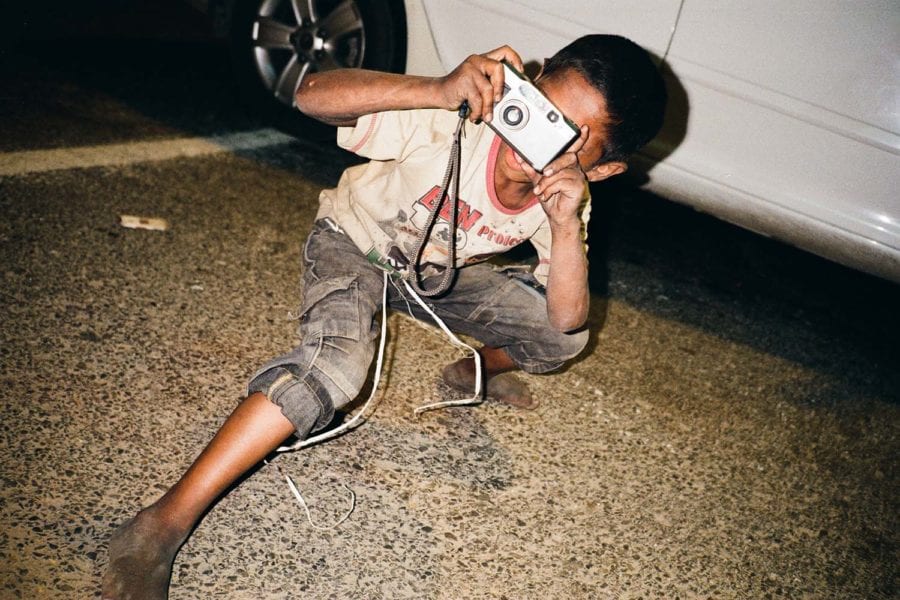
Through a sensitive understanding of what it might offer artists, a new exhibition at Amsterdam’s Huis Marseille makes a case for Instagram’s significance
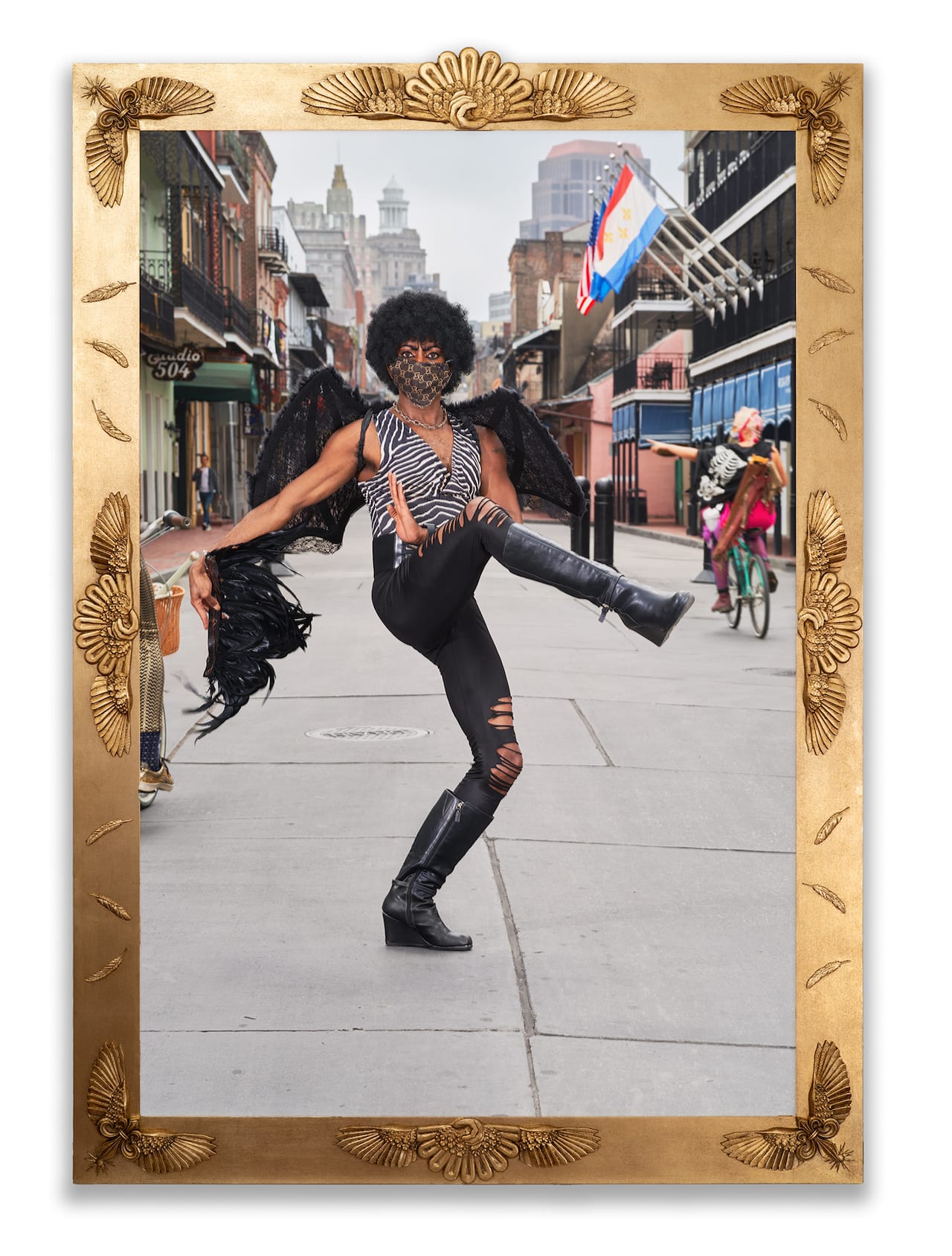
In his latest exhibition, Fader presents Best Lives — portraits made by and for the queer community — alongside a powerful digital installation that maps LGBTQ hate crimes in America
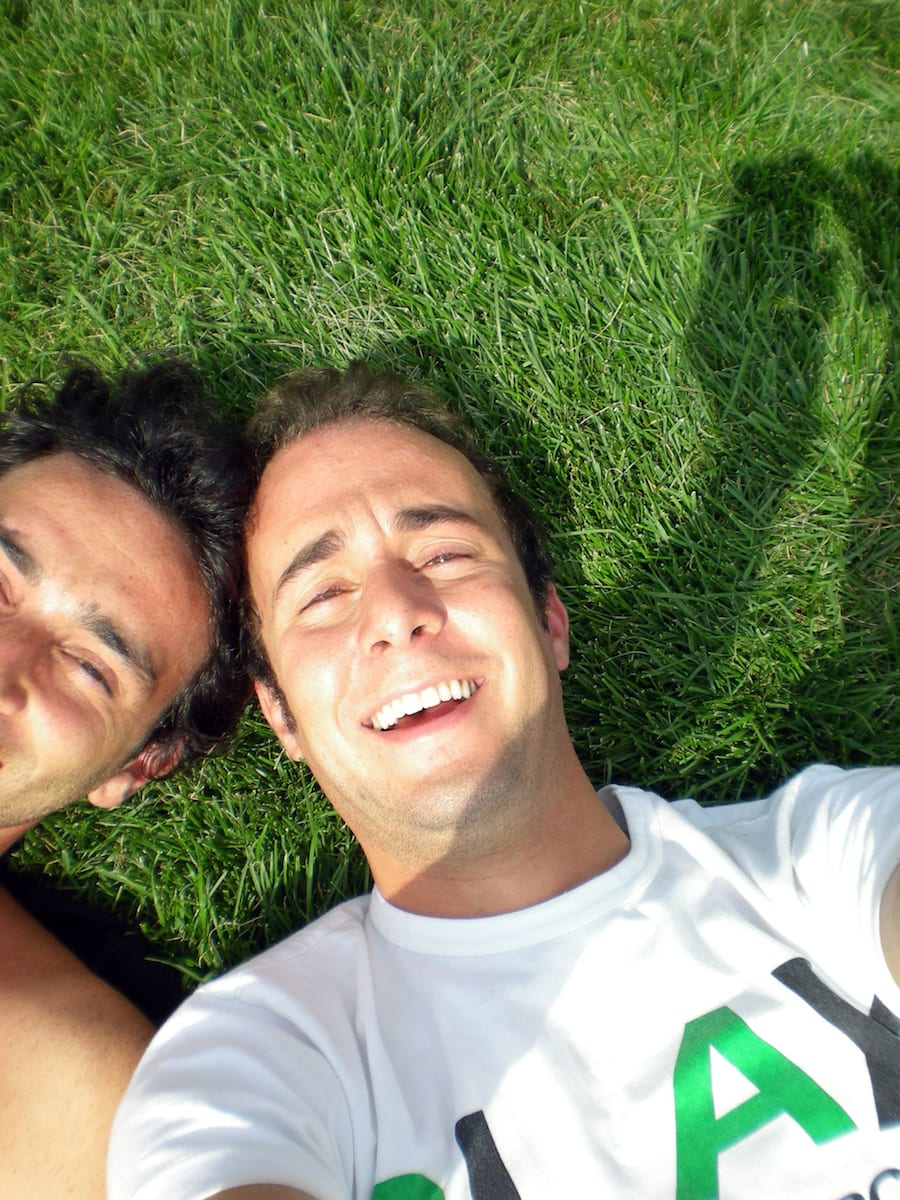
Eva and Franco Mattes interrogate notions of privacy, authenticity and self-representation via the personal contents of a stranger’s phone
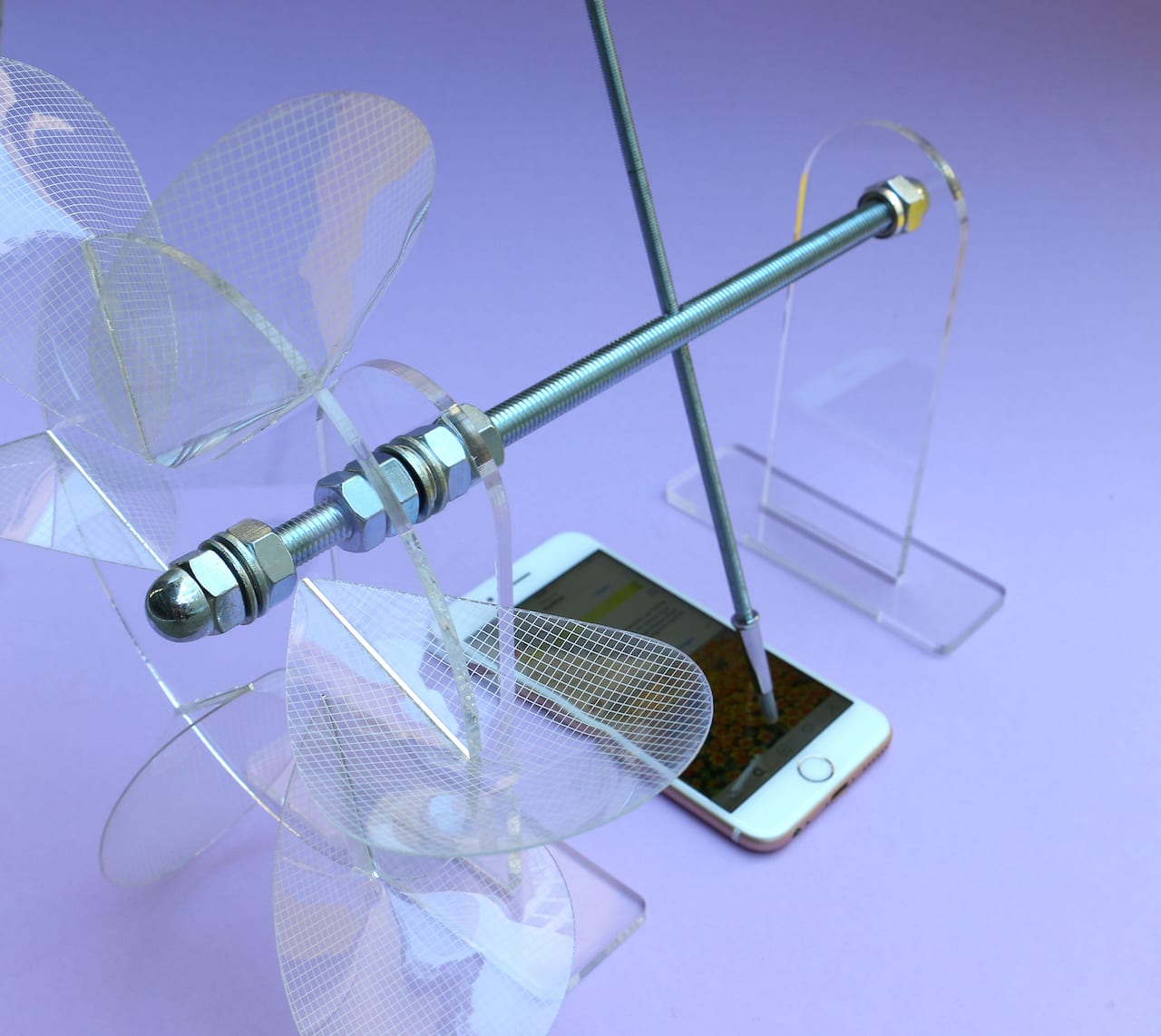
“What do I know about it? All I know is what’s on the internet.” So said Donald Trump in an interview in March 2016, after he was confronted about the legitimacy of a video he had tweeted, along with the claim that the protester it depicted was a member of ISIS. The video has since been proved as a hoax, neatly demonstrating the difficultly of navigating between truth and fiction in today’s digital landscape. In a world where even a layperson can manipulate images on their phone, and spread them to thousands of fake followers with one click, how can we begin to know what is #real?
It’s the kind of question that All I know is what’s on the Internet will pose, a new exhibition opening at The Photographers’ Gallery, London including work by 11 artists and collectives. It includes “social media machines” made by Australian designers Stephanie Kneissl & Maximilian Lackner, built to maximise activity and likes; and wall-mounted installations by Eva and Franco Mattes that reveal the lesser-known, surprisingly personal, world of online content moderators. Curated to draw attention to the neglected corners of digital image production, the show helps visualise the vast infrastructure of online platforms, and the enormous amount of human labour needed to keep it churning.